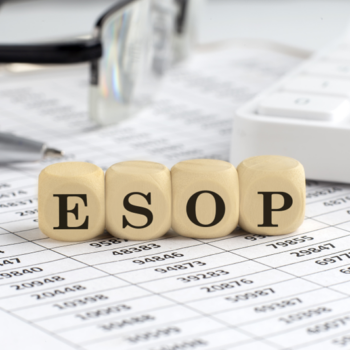
Employee Stock Options – Part 2
- Posted by admin
- On January 17, 2023
- 0 Comments
Employee Stock Options – Part 2
This newsletter is a follow-up to one we previously released about Employee Stock Options (ESOPs), which covered their concept, advantages, accounting treatment, and valuation techniques.
This newsletter offers more information on ESOPs. We delve deeper into the valuation methods discussed and the inputs needed for alternative valuation approaches, and related concepts like the distinction between European and American options, difficulties in valuing private companies, and benefits of using professional valuation support for ESOP valuation.
In summary, an ESOP is structured as an option on the company’s equity shares, giving the employee the right—but not the obligation—to exercise the option upon the fulfillment of specific predetermined conditions.
The Black Scholes option pricing model (“BSM”) and the Lattice or Binomial models are two of the most used ESOP valuation method. Both models’ mechanisms are common and therefore the inputs used in them are also common.
The following are inputs used in the option pricing model:
Exercise Price Option.
Fair Market Value of the underlying stock.
Expected term of the option.
Expected stock price volatility for the expected term of the option.
Risk-free interest rate(s) for the expected term of the option.
It’s crucial to keep in mind that, even with the same inputs, the Binomial Model values the option in discrete time whereas the BSM values it continuously.
The newsletter also provides insights about how each model would prefer European and American options and how it is different from each other.
The alternative method, the Monte Carlo Simulation model is the predominant one and is used to value both- American and European call options
There are certain challenges for private companies to value ESOPs such as Private companies may not have reliable management projections that may hinder the use of the income approach (such as discounted cash flow method).
Having professional valuation support can provide a multitude of benefits for a company’s ESOP.
Professional valuation support ensures that the value of your stock is accurately determined.
Their support can help navigate the complex and ever-changing regulations surrounding ESOPs.
It can provide valuable insights into the financial health and growth potential of the company.
Professional valuation support is essential for ensuring accurate stock valuations, compliance with regulations, and gaining valuable insights into the financial health of your company.











0 Comments